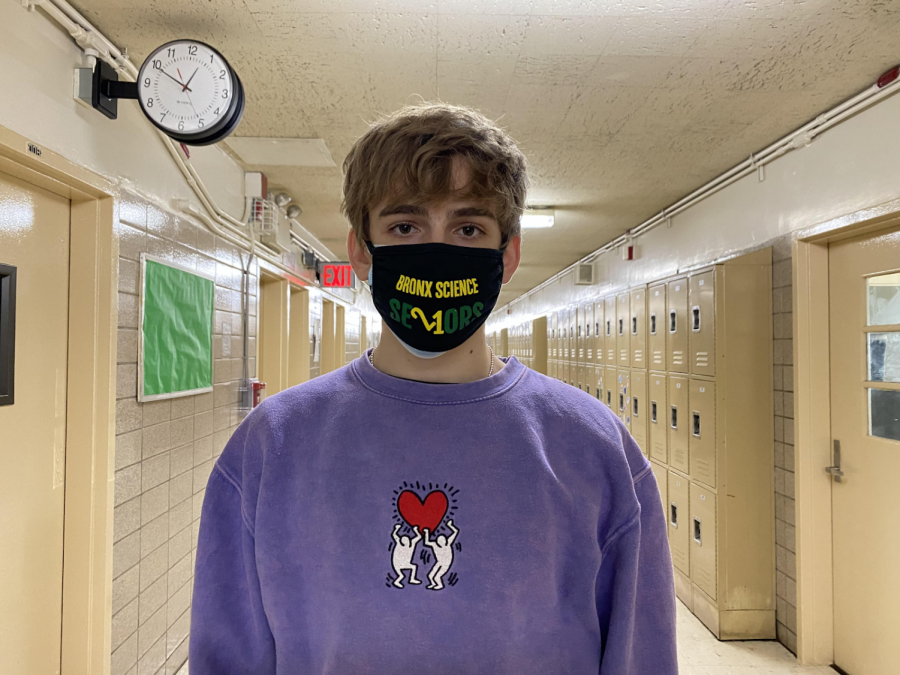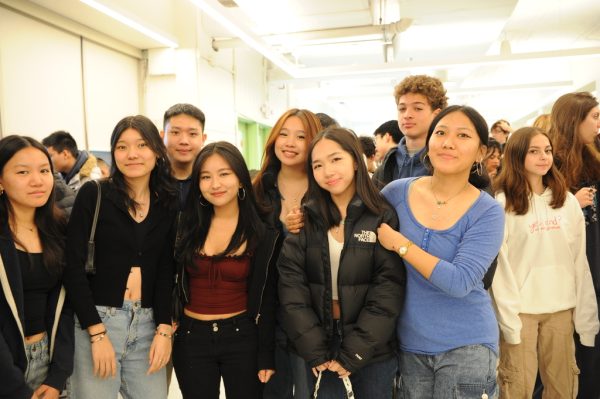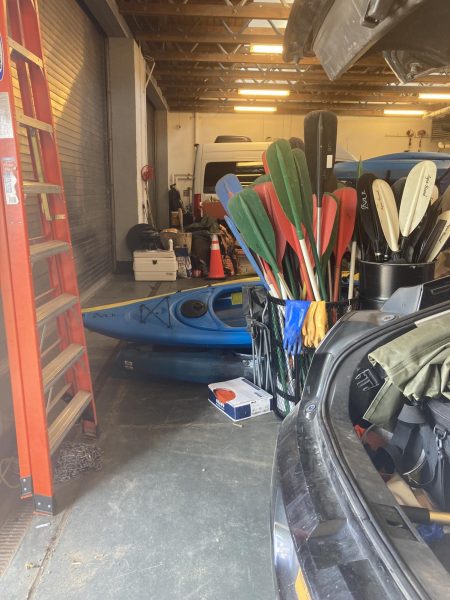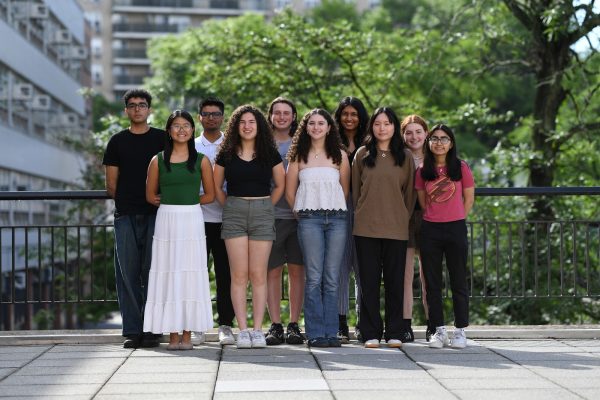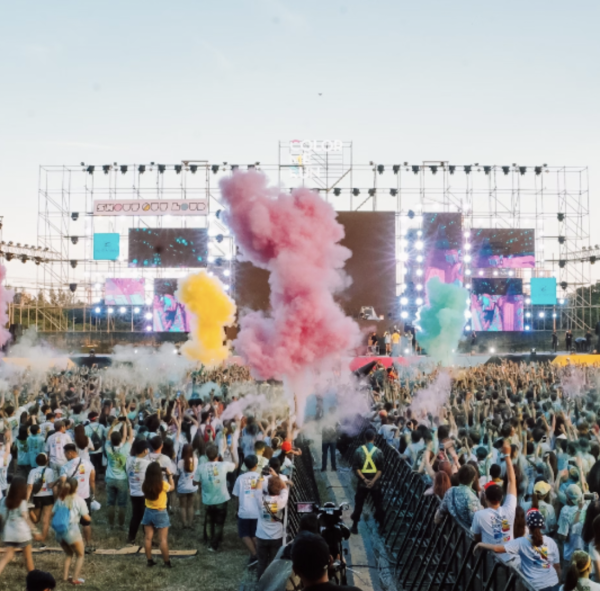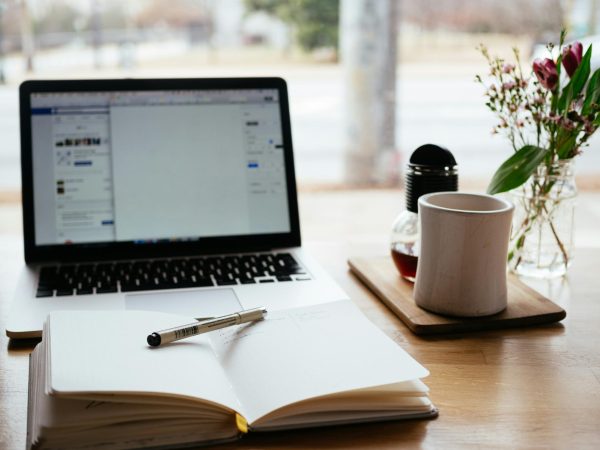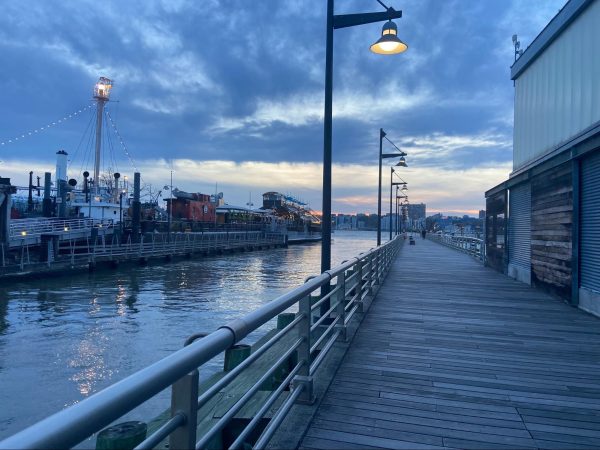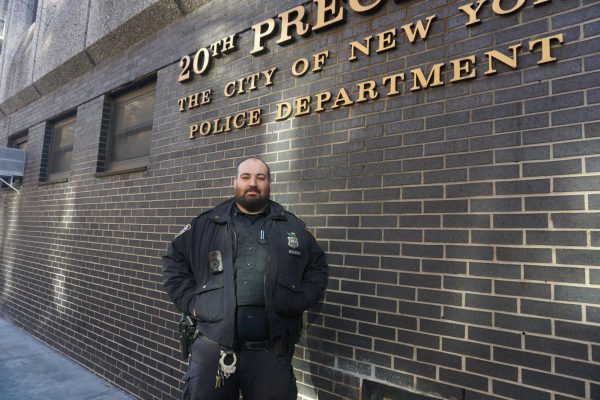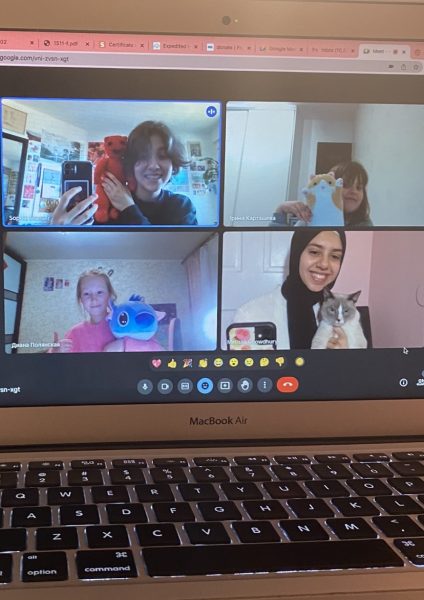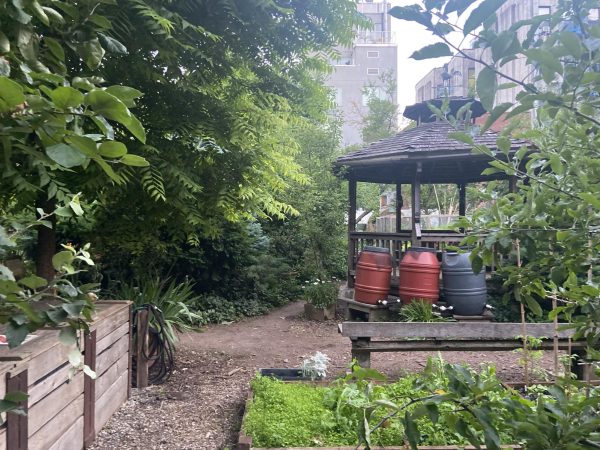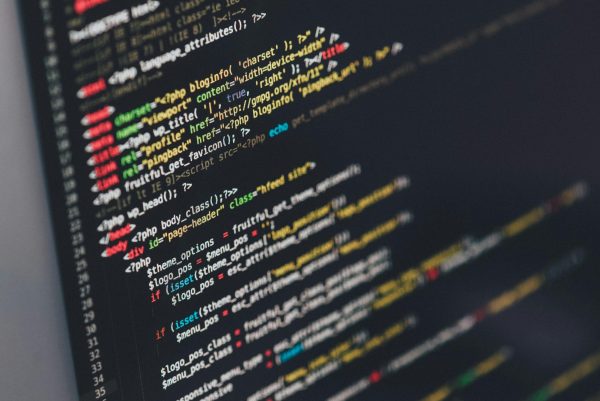How Bronx Science Students Will Remember the Year 2020
Bronx Science students share their final impressions of the year we are all ready to leave behind.
When Itamar Pres ’21 returned to the school building to pick up textbooks for his remote learning classes, he found himself reminiscing. “I miss the various smiles, jokes, and brief conversations in the hallways in between periods,” said Pres.
“Historical.”
“Stolen.”
“Overwhelming.”
These are just a few ways that Bronx Science students describe the year 2020.
In 2020, we endured the global Coronavirus pandemic, an impeachment, an election with many firsts, and much more. We experienced history, and we experienced most of it from home.
As Americans, we have now endured more than a full year of the Coronavirus existing in our country. We have entered shutdowns, closed our schools, and are currently in the process of vaccine rollout. Businesses have been forced to close, and thousands have lost their jobs. The pandemic has also revealed and exacerbated inequity, as COVID-19 has disproportionately affected racial and ethnic minorities.
In what may be the largest movement in U.S. history, millions of people took to the streets to protest racial injustice as part of the Black Lives Matter movement following the unjust murder of George Floyd and the persistence of police brutality. With chants calling to defund the police, Americans have a watchful eye on newly President Biden as he undertakes controversial issues.
In the 2020 election, Joe Biden flipped previously red or swing states Arizona, Georgia, Michigan, Pennsylvania, and Wisconsin, and with 81,283,098 votes for Biden, this election held the largest voter turnout in American history. Biden ran alongside Vice President Kamala Harris, who is the first black and South Asian woman (all three are firsts) to serve office.
2020 also brought many sorrows, including over 2 million COVID related deaths worldwide, record wildfires in California and Australia, and the deaths of notable figures such as Kobe Bryant and Ruth Bader Ginsberg, but communities have grown together with resilience and compassion. 2020 is surely not a forgettable year.
So how will Bronx Science students remember 2020?
For many students, it is an unavoidable fact that we are living through a part of history that will be deeply memorialized. “We are genuinely living through massive historical events that will be written about in textbooks. We will be talking about it for years,” said Kate Reynolds ’21.
As students, our lives were completely flipped upside down when the pandemic forced schools to close in the spring of 2020. Discussions turned into Google Classroom threads, and sports practices halted as school went remote. Some Bronx Science students are grateful for how this enabled them to reclaim agency over their time. “This period was really good for me to be alone and develop my interests, like playing guitar, studying music theory, reading poetry, running, looking into more of the arts and photography, and starting my research,” said Itamar Pres ’21. Although we have experienced hardship and it is important to validate that, it can be uplifting to look at the silver lining. “I found more time to spend with my family and had a lot more free time to spend doing things I loved,” said Reynolds.
When schools started again in fall 2020, most Bronx Science students opted to partake in remote learning rather than blended learning, and eventually COVID-19 numbers rose too high and blended learning was shut down completely. Students have found familiarity with the unfamiliar, and have more structured schedules in the 2020-21 school year, but it has still been difficult to adapt to our newfound circumstances. “Every day, I sit in the same corner of my room on Zoom from 8 a.m. to 3 p.m., and continue work until 12 a.m. I’m still learning how to make this routine manageable as a long term thing, since this is the new norm,” said Pres.
As spectators of hugely historical events, 2020 spurred great personal growth in many, especially political growth. “It was fascinating to see the greed and power of our former president and his pure manipulation,” said Amalia El Nems ’21 regarding President Trump. “I found it very frustrating not being able to vote in one of the most important elections thus far.”
And it is not just Bronx Science students – teens everywhere are finding their place in politics. Cydney Dean, a first year student at Howard University, found time throughout the year to learn about the topics she cares about. “I was able to educate myself more on politics through the use of social media because a lot of my peers as well as celebrities were sharing their thoughts,” said Dean. Participating in the Black Lives Matter movement and voting in the election was significant to her.
Bronx Science students have worked hard to maintain a sense of community – albeit online – through events like Clash of the Colors. We all miss each other deeply, and it can be sad to reflect on the typical high school experiences that we have lost over the past year. The Class of 2020 missed graduation and prom. The Class of 2021’s future Spring 2021 events are up in the air, and all seniors applied to college during a pandemic. First year high schoolers navigated a new school, some without ever entering it.
But while we mourn the experiences we lost and hope for better ones in the future, Bronx Science students are sure to be grateful for their safety and those who ensure them. “Whenever my family cheered at 7 p.m. for healthcare and essential workers, it reminded me that we were really all in this together, even if this year did feel very isolating,” said Reynolds.
If good for nothing else, 2020 will serve as the basis for stories we Bronx Science students will tell the forthcoming generations. What used to be “Grandpa’s stories from war” will now be “Grandpa’s stories from the pandemic.” They’ll groan as we pepper our conversations with, “be grateful you are not in quarantine.” But we understand how our tight knit generation has experienced a collective trauma of sorts, and is now entering a process of collective grief and transformation. So what if our grandkids never hear the end of it?
“Whenever my family cheered at 7 p.m. for healthcare and essential workers, it reminded me that we were really all in this together even if this year did feel very isolating,” said Kate Reynolds ’21.
Julia Sperling is an Editor-in-Chief for ‘The Science Survey.' She is drawn to journalistic writing because of how journalism handles the microscopic...

